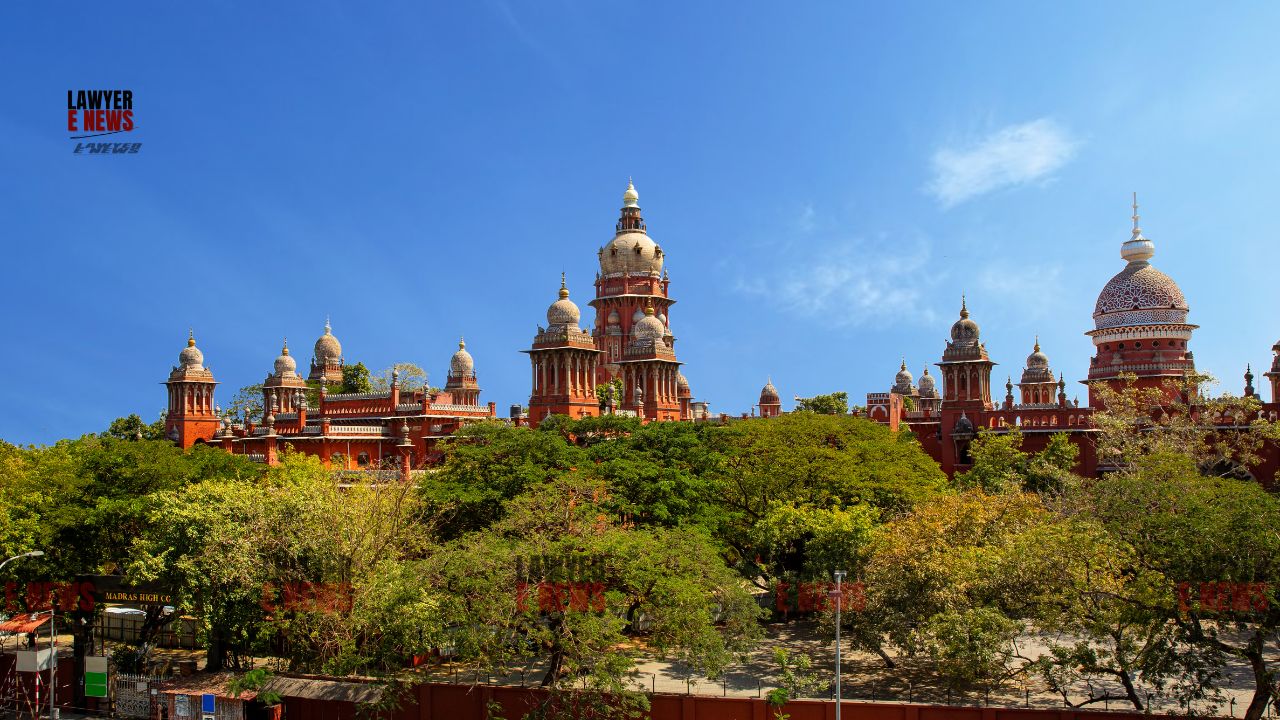-
by sayum
14 February 2026 2:22 PM



Madurai Bench of Madras High Court overturns Special Court's order, grants bail with stringent conditions. The Madurai Bench of Madras High Court has granted bail to Nandhakumar and Nareshkumar, accused of caste-based abuse and criminal intimidation under the Scheduled Castes and Scheduled Tribes (Prevention of Atrocities) Act, 1989. The bench, led by Justice K.K. Ramakrishnan, overturned the Special Court’s order denying bail, highlighting the absence of prior criminal records and lack of evidence of communal tension.
Nandhakumar and Nareshkumar, appellants in the case, were accused of abusing the defacto complainant, Sanmugam, with casteist slurs while he was performing his duties as a sweeper in Adalur Panchayat. The incident occurred on March 26, 2024, when Sanmugam was substituting for his ailing wife. Following the abuse, a complaint was lodged, and the appellants were arrested on March 30, 2024. The Special Court for Exclusive Trial of Cases under SC/ST (POA) Act, Dindigul, had denied bail to the appellants on April 15, 2024, prompting the current appeal.
Justice K.K. Ramakrishnan noted the appellants had been in custody for over 28 days and had no prior criminal antecedents. The court observed, “The act of the appellants to abuse the defacto complainant while he was discharging his cleaning work is not condonable,” but balanced this against the lack of prior misconduct and communal tension.
The court considered the submissions of the Government Advocate and the counsel for the defacto complainant, who argued there was a threat to the witnesses’ safety. However, the court determined that stringent bail conditions could mitigate these concerns, ensuring both the fair trial rights of the accused and the safety of the witnesses.
In granting bail, the court emphasized the principles of justice and the importance of considering the individual circumstances of each case. The judgment discussed the balance between upholding the law against caste-based atrocities and ensuring that accused individuals are not unduly deprived of their liberty without sufficient cause.
Justice K.K. Ramakrishnan stated, “Taking into account that the appellants are inside the jail for more than 28 days and also the fact that the appellants have no previous antecedents and no case of communal tension is pleaded by the prosecution, this Court is inclined to allow the Criminal Appeal.”
The Madurai Bench's decision to grant bail underscores the judiciary's nuanced approach in handling cases under the SC/ST (POA) Act. By setting aside the Special Court’s order, the High Court highlighted the importance of considering the individual circumstances of the accused while ensuring the safety and dignity of the victims. The judgment sets a precedent for balancing the strict enforcement of laws protecting marginalized communities with the fair treatment of the accused.
Date of Decision: April 30, 2024
